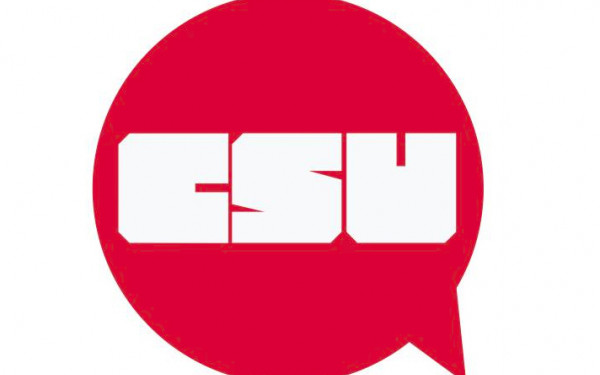Concordia Response to Asbestos Report Criticized
University to Review Disclosure Processes
Human rights advocates and doctors aren’t satisfied with Concordia’s response to demands to retract a controversial report about the asbestos industry published by one of the university’s research centres.
The report, titled “Lessons from the Quebec Asbestos Industry,” claimed that facts proposed by the industry could not trump “strongly held feelings” and emotions of opponents, which resulted in the closure of Quebec mines.
The report was published by Concordia’s Luc Beauregard Centre of Excellence in Communications Research, within the John Molson School of Business, but was pulled from Concordia’s website in July.
Following a “formal inquiry” led by the Dean of JMSB, Concordia found the report’s author, John Aylen, failed to disclose his own conflicts of interest. Aylen is a former spokesperson and PR consultant to Baljit Chadha, the head of a consortium of investors hoping to reopen a Quebec asbestos mine, which closed in 2011. Aylen didn’t mention any of this in his report.
Until the closure of Quebec’s asbestos mines in 2011, companies were exporting asbestos to developing countries. Asbestos is a carcinogenic mineral used in construction to insulate buildings. It is still used in countries like India, where workers are directly exposed to materials containing asbestos.
Kathleen Ruff, a senior advisor to the Rideau Institute in Ottawa, wrote to Concordia’s president and board of governors throughout the summer, asking for a transparent, independent investigation.
Concordia’s President, Alan Shepard, responded to Ruff’s letter on Oct. 26 to say the university will put measures in place to “ensure that a situation like this one does not occur again.”
But Ruff doesn’t think the university is taking her complaint seriously.
“This is a scandalous failure of the university to uphold academic and ethical standards,” Ruff wrote in an email. “The distortion of scientific evidence to serve industry interests is one of the most important issues of our time.”
Aylen and Chadha were both members of Concordia’s board of governors until 2008 and 2012, respectively.
Ruff wrote again last week to ask Concordia to retract the report and redo the investigation, and make it independent and credible.
“The token action Concordia has taken to address the wrongdoing we have documented demonstrates, in our opinion, irresponsibility and a lack of ethics,” she wrote in the latest letter, dated Nov. 3 and signed by 11 doctors and university professors.
Ruff also contacted the Concordia Student Union, asking them to support their demands.
“My concern lies with how many in the University community are entirely unaware that false information is in a report with our name on it,” said Terry Wilkings, president of the CSU.
“If Concordia’s academic integrity is being put into question we should be responding proactively to illustrate our commitment to intellectual rigor,” Wilkings wrote in an email statement.
Wilkings is glad to see some response from the Luc Beauregard Centre of Excellence over issues of conflict of interest. But he wrote that he would like to know what steps are being taken to ensure future reports under the name of Concordia University aren’t skewing facts about safety issues around asbestos.
“Since the University has pulled the report off its website, we should be disassociating ourselves from the document by formally retracting it,” he said. “Unless we do so, others can still instrumentalize the report to advance their interests within the asbestos industry, primarily in the Global South.”

4_900_600_90.jpg)


4_600_375_90_s_c1.jpg)
_600_375_90_s_c1.jpg)
